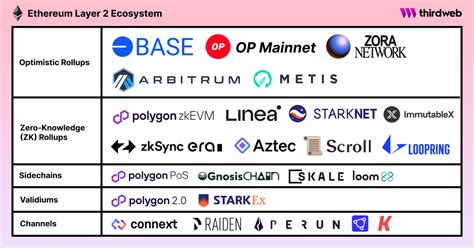How to Find Out the IP Address of a Bitcoin Transaction: A Guide
Bitcoin transactions are conducted on a public ledger called the blockchain, which allows for secure and transparent tracking of all transactions. However, one aspect of these transactions that can be frustrating to track is the IP address associated with each transaction. In this article, we will dive deeper into how to find out the IP address of a Bitcoin transaction.
Why Can’t Bitcoin Transactions Show IP Addresses?
When a user initiates a Bitcoin transaction, their IP address is not directly linked to the transaction on the blockchain. This is done for several reasons:
- Security: By not displaying IP addresses, miners and other parties involved in the process are protected from potential attacks or harassment.
- Anonymity: Bitcoin transactions can be conducted pseudonymously, using a combination of cryptographic techniques to hide the identity of the sender.
- Scalability: Displaying IP addresses would significantly impact the scalability of the network, as each transaction would require tracking and verifying the recipient’s location.
How to trace a Bitcoin transaction associated with an IP address
While the blockchain itself does not store IP addresses, there are a few ways to gather this information:
- Blockchain analysis tools
: Specialized tools, such as Blockchain.com’s “Transaction Explorer” or Etherscan (a fork of the Ethereum blockchain), allow users to view transaction data, including IP addresses.
- Transaction logs: Transaction logs can be downloaded from various online sources, including the official Bitcoin network website or specialized forums. These logs may contain IP addresses associated with transactions.
- Third-party services: Some third-party services, such as BitZip (a Bitcoin analytics platform) or BlockCypher (a blockchain analytics tool), offer APIs that allow users to access transaction data, including IP addresses.
Challenges and limitations
Note that tracing a bitcoin transaction associated with an IP address is not always straightforward:
IP addresses can be spoofed: Hackers can use proxy servers or other tools to mask your real IP address.
- Transaction logs may contain encrypted data

: Some online sources may require technical expertise to access raw transaction log files.
- Network congestion: A large number of transactions can affect the performance and reliability of blockchain analytics tools.
Conclusion
While tracing a bitcoin transaction associated with an IP address is not a trivial task, it is becoming easier with the availability of specialized tools and services. By understanding how these transactions are conducted on the blockchain, users can better navigate the world of cryptocurrencies and potentially uncover valuable insights into the activities of others.
Additional Resources
- [Blockchain.com Transaction Explorer](
- Etherscan (a fork of the Ethereum blockchain)
- BitZip (a Bitcoin analysis platform)
- BlockCypher (a blockchain analysis tool)
Always remember to be careful when accessing and analyzing transaction data, as some sources may be legitimate while others may be malicious.
